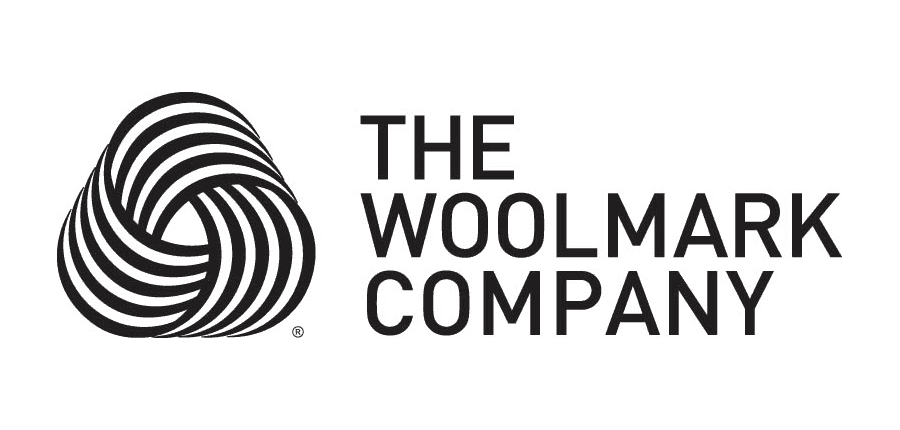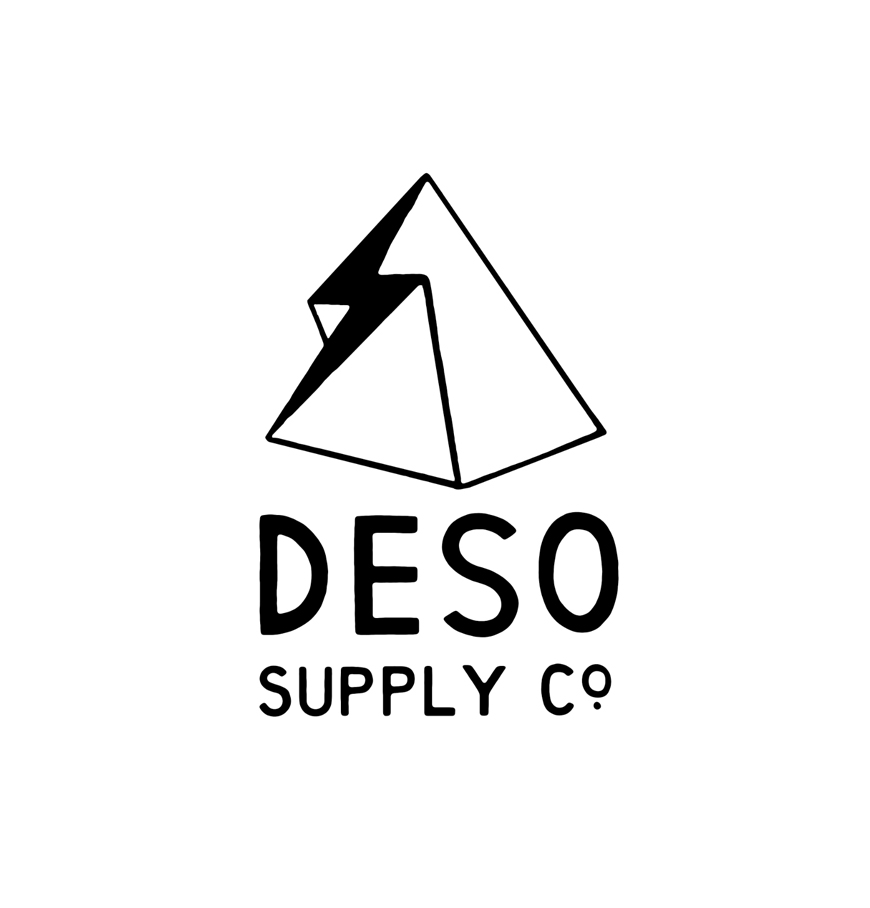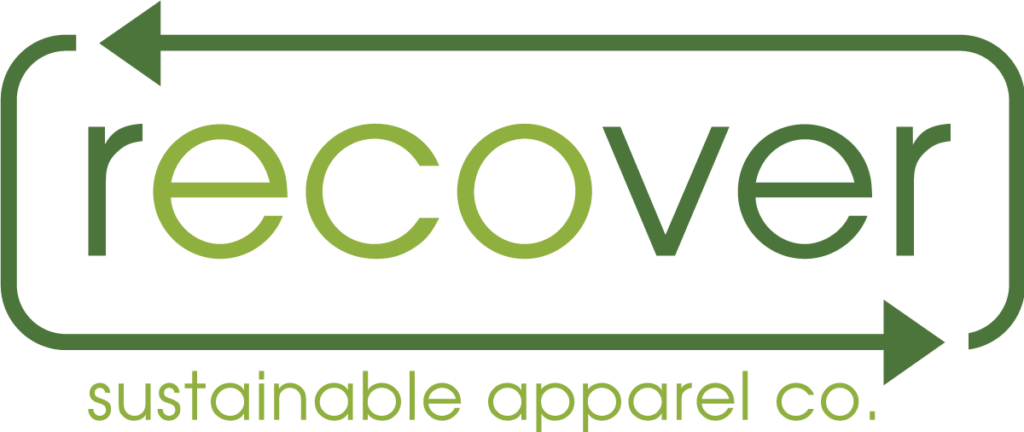April 22nd marks the 50th Anniversary of Earth Day. Started in 1970, it was a way to promote the importance of environmental protection. Unfortunately, there has been a dire decline in environmental regulations and sustainability under the Trump administration. Instead of making this post a political pot shot towards ineffective, inexperienced and unskilled “leadership”, it’s a call to action for all of us to pledge our commitment to protecting the environment by reevaluating our moral relationship with consumption.
Fortunately, a growing number of companies in the outdoor industry have instituted sustainability initiatives into their design and manufacturing processes that demonstrate their commitment to doing the right thing and to invite us to reduce, reuse and recycle along with them for the good of a healthier Earth.
Reduce

The non-profit Woolmark Company works to connect Australia’s wool growers with the world through collaboration, education and the promotion of garments made from Merino wool. Wool is 100% natural, renewable and biodegradable. It is naturally breathable and odor-resistant.
One Merino wool shirt, for example, can be worn for multiple wears before needing to be washed. One particular example comes to mind: An experience several years ago in which I wore only an Icebreaker Zone baselayer as my one and only shirt for running and cycling for three weeks–before it needed to be washed. This leads to a reduced need to purchase multiple synthetic shirts (and wash every after use) for cycling, running, hiking, skiing, etc. Next time you’re shopping, think Merino wool as a better long-term solution for reducing the amount of clothing you buy and, ultimately, wash.

Balancing out the Reduce scale is reducing environmental footprint. It’s no secret that the textile industry is the second greatest polluter of local freshwater in the world. DESO Apparel is highly clued into this. Instead of contracting with overseas manufacturing facilities–which are usually the biggest contributors of pollution and waste–DESO Apparel designs and makes all their garments in the heart of San Francisco, California, in small batches.
And if they haven’t reduced their carbon footprint enough, they seek to take it even further by sourcing all materials for and manufacturing of their products within a tight 30-mile radius. This includes knitting their own fabrics. One of my favorite pieces of DESO Apparel is the buttery-soft Fontanillis hoodie.
Reuse

Cotopaxi is a company that has successfully built its model around keeping waste out of landfills by prioritizing re-purposed materials to reuse for their products. Much of their product line is already made with a percent of recycled materials. However, the Tecca collection and Del Dia collection are made entirely from remnants and fabric from factory floors that would otherwise have been discarded and sent to landfills.
This year, Cotopaxi launched a pilot project to extend the life of injured products by repairing them for either the customer or for Cotopaxi to re-sell to new customers who will reuse them.
All sales from the re-sales of repaired products then fund the Cotopaxi Foundation, which supports global initiatives that target poverty and support education and healthcare opportunities in underdeveloped regions. That’s like the complete opposite of what the Trump administration does.

Another example of extending the life of products to keep them in service and out of landfills is Patagonia. The Patagonia Recrafted collection is gear from made from used clothing and gear that has been diverted from the trash heap and re-sewn into “new” Patagonia clothing and gear.
Patagonia also kicks it up another notch by handmaking the collection in California, thereby even further reducing their carbon footprint. To me, Patagonia isn’t simply an outdoor brand. It’s a trailblazing groundbreaker environmental ethics and activism.
Recycle

Teva is also well into its own commitment to sustainability to keep plastic out of landfills, lakes, rivers and oceans while offsetting the use of petroleum and reducing greenhouse gasses.
As of 2020, 100 percent of Teva’s iconic straps are now made from traceable, verifiable, plastic using REPREVE® yarn, which is made from 100 percent recycled plastic bottles and other recycled content. You can find iconic straps in their Hurricane XLT2 and Original Universal sandal line. They also feature a funky Original Universal Upcycle sandal, whose straps are 100 percent remnant fabric from past seasons.
I interned for Teva back in the days when they were based in Flagstaff, Arizona and Mark Thatcher ran the show. Back then they were a band of skilled long-haired, unshaven hippies who maybe washed their hair once a week and couldn’t wait to hit the river rafts. Today, I am positive that they would all be proud to see Teva holding true to their founding values.

Another company with a tiny carbon footprint is Ashville, NC-based Recover Brands. Recycling is the DNA for all their products.
Taking fabric remnants of cotton and polyester from factory floors and post-consumer plastic bottles, they spin it all into yarn and knit it into fabric that they use to make their flagship t-shirts and outerwear and branded collections. Did I mention that all the steps in the making of a shirt are done right in Ashville?

